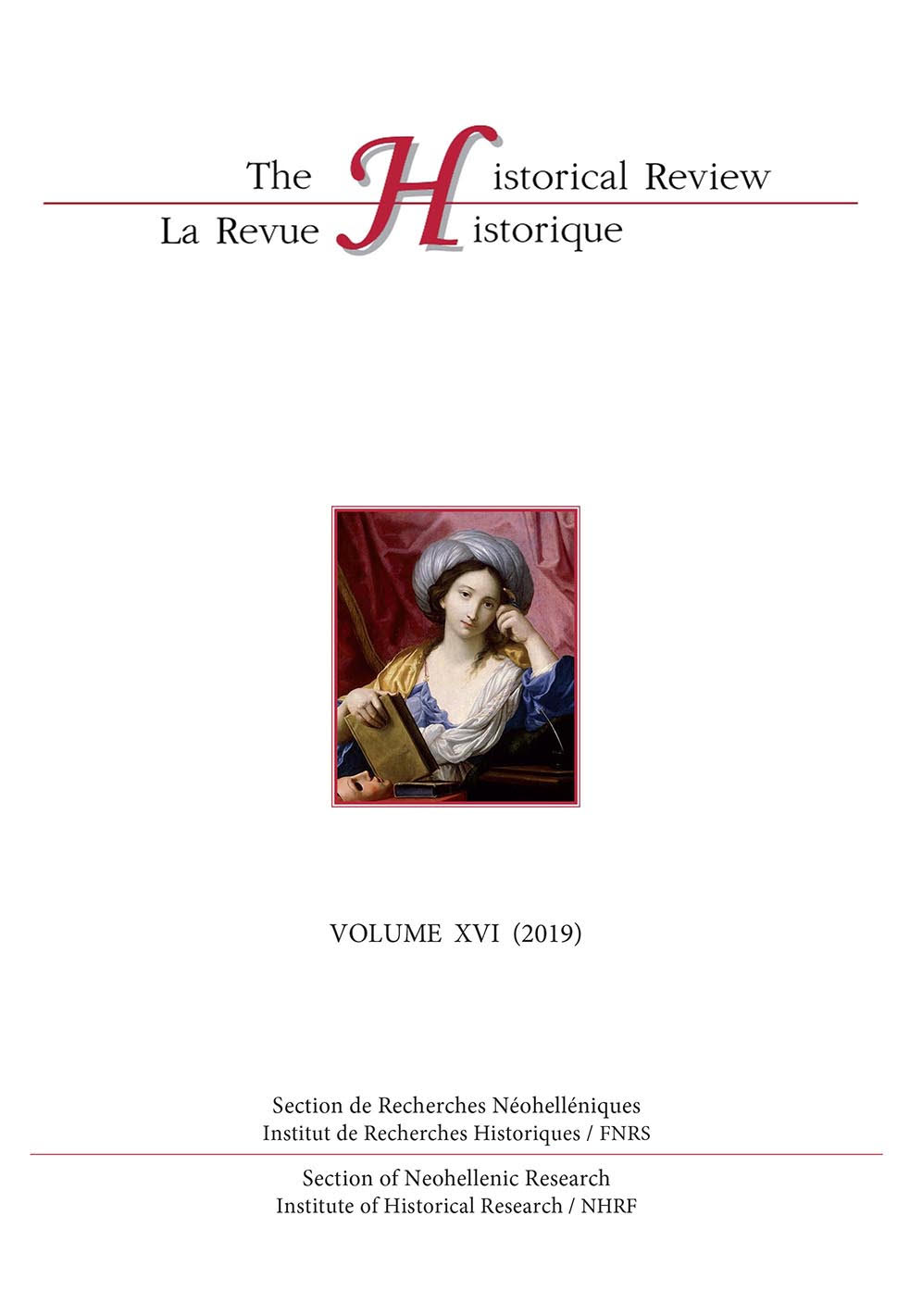Roots ancient or medieval? Nikolaos Politis, modern Greek folklore studies and ancient Greek religion
Abstract
The question posed by the title can be reformulated in the following manner: to what extent has it been possible or desirable to connect modern Greek customs with ancient ones? not customs in general, but more precisely religious customs. Greek folklore studies typically begin with Nikolaos Politis, professor at the University of Athens, the first to introduce the term λαογραφία (meaning “folklore studies”) towards the end of the nineteenth century. Yet, we need to revert to at least as far back as the time prior to the Greek Revolution, that is, the period of the Greek enlightenment, in order to trace the beginnings of the shaping of the ideological framework of modern Greek folklore studies. it is well known and has aptly been pointed out, also in connection with Greek folklore studies, that for the Greeks the enlightenment movement went hand in hand with a specific form of romanticism. The Greek idea of the nation developed within the framework of the Romantic movement and on the basis of the connection between “us” and “the ancients”. How, then, were modern Greek folk customs that were not firmly related to the orthodox church incorporated in this new cultural narrative?
Article Details
- How to Cite
-
Marinis, A. (2020). Roots ancient or medieval? Nikolaos Politis, modern Greek folklore studies and ancient Greek religion. The Historical Review/La Revue Historique, 16, 167–186. https://doi.org/10.12681/hr.22824
- Issue
- Vol. 16 (2019)
- Section
- Articles

This work is licensed under a Creative Commons Attribution-NonCommercial-ShareAlike 4.0 International License.
The copyright for articles in this journal is retained by the author(s), with first publication rights granted to the journal. By virtue of their appearance in this open access journal, articles are free to use with proper attribution in educational and other non-commercial sectors. The Historical Review/La Revue Historique retains the right to publish papers that appear in the journal in collective volumes published by the Institute for Neohellenic Research/National Hellenic Research Foundation.
Sample acknowledgement: Reprinted with permission from the author. Original publication in the The Historical Review/La Revue Historique www.historicalreview.org
This work is licensed under a Creative Commons Attribution-NonCommercial-ShareAlike 4.0 Greece License. To view a copy of this license, visit http://creativecommons.org/licenses/by-nc-sa/4.0/ or send a letter to Creative Commons, 543 Howard Street, 5th Floor, San Francisco, California, 94105, USA



